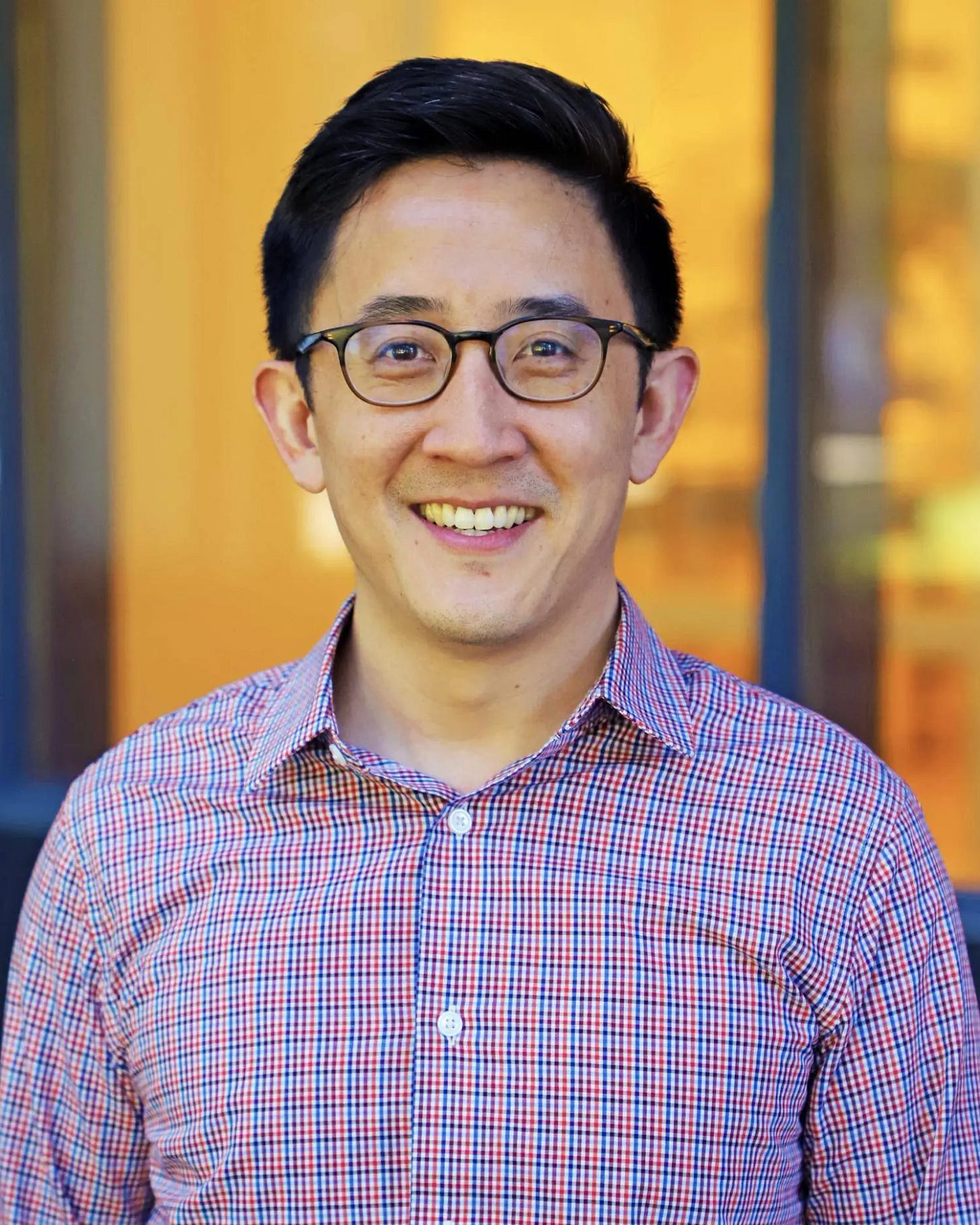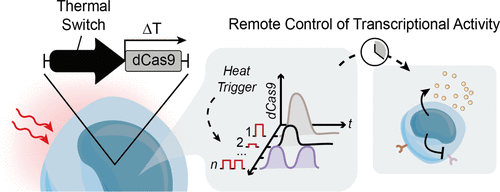Stargaze RisingStar Series: Gabe Kwong
A Coulter Department of Biomedical Engineering professor flipping the convention in the south on how we think about problem solving.
This post is part of our series on RisingStar Innovators—high-potential, early-career innovators that we have identified with Stargaze, our science-of-science tool for discovering “innovation biomarkers.”
You can read previous posts in this series here:

Want to accomplish something truly impactful in biotech?
“You need to flip the convention.” [Kwong]
In 2014, Gabe Kwong was working at the white-hot center of the biotechnology universe. A bioengineer hankering for big problems, he had taken the straight-and-narrow path through a series of prestigious and coastal institutions: Cal Berkeley (BS, 2002), Caltech (PhD, 2009 with Professor James R. Heath), and finally, MIT. His research with his postdoc advisor, Sangeeta Bhatia, was on the cusp of spinning out into a startup. All around him in Cambridge, MA, technology scouts from VCs, pharma, and the federal government were searching - as they are today - for the next big breakthrough with checkbooks open, ready to invest. Where else would an up-and-up bioengineer want to be?
Atlanta, Georgia, it turns out. In August 2014, while launching Glympse Bio in Boston, Kwong was also laying the foundation for his next project—a laboratory focused on synthetic immunity at the Coulter Department of Biomedical Engineering at Georgia Tech and Emory.
"The harder the problem, the more I like it,” said Kwong,
Kwong’s biotech seed was planted during his first immunology course as an undergraduate at Berkeley. Reflecting on this class years later, he can now see that what fascinated him was the translational nature of the material. Immunology was, and remains, at the nexus of cutting-edge science and deep human impact. Today, his research focuses on harnessing immune cells' natural defense mechanisms to eradicate disease. Specifically, Kwong’s research is centered around programmable immunity, T-cell therapies, and early disease detection. He looks for hidden gems with untapped potential to drive innovation directly to patients by solving deep scientific problems.
In the programmable immunity space, Kwong is designing an approach sensitive to single antigen-specific T cells to allow for sorting immune cells. In the T-cell therapy space, his research is attempting to assist in past limitations by enhancing scalable manufacturing and safe delivery. Lastly, in the early disease detection space, Kwong is mapping out all biomarkers associated with cancer to target the least scarce and most accessible molecules for earliest possible detection.
“Whenever I’m doing something new, I try to flip the convention upside down.” [Kwong]
Three Startups and a Moonshot
Kwong’s first startup, Glympse Bio, gives us a peek at what he means by flipping the convention. While typical diagnostic tools work by capturing and analyzing a sample of tissue, Glympse Bio sends a diagnostic directly to the diseased site. For example, a tumor emits tumor DNA into the bloodstream, which can theoretically be captured in liquid biopsies. However, these proteins are quickly degraded and difficult to identify with high specificity and sensitivity. When Kwong and Bhatia founded Glympse, they aimed to build a “sense and response component” to scout the body for pathogenesis and signal if found. Instead of focusing on identifying a tumor from a sample, they built a diagnostic platform to traffic directly to and probe the tumor itself.

Kwong’s second startup - with co-founders Sangeeta Bhatia and Mikhail Shapiro - also aims directly at the source of disease. For decades, researchers have sought to use optogenetics - a method of controlling the behavior of cells with light - to treat diseases in a local fashion. Light, however, can’t penetrate deep layers of the body sufficiently for therapeutic activation. Also, many of the photo-activated proteins necessary for optogenetics come from plants; they don’t translate well to humans. Instead of optogenetics (light), Port Therapeutics uses thermogenetics (heat) to activate drugs with precise targeting. While cell therapies have struggled to prove efficacious in the clinic for solid tumor indications (for various reasons including toxicity, T cell exhaustion, and manufacturing limitations), controlling the activation of these therapeutics specifically in tumors may improve patient outcomes.

Last September, Kwong was awarded a $50m grant from President Biden’s Cancer Moonshot initiative to build an atlas of cancer-based enzymatic activity and a multi-cancer early detection test. Wide aperture challenges are perfect for Kwong and his endless hunt for intellectual satisfaction. This project may take his attention from founding new startups in the near term. But with three already under his belt (Glympse Bio, Port Tx, and one in stealth mode) and aspirations to build half a dozen more, we’ll be keeping an eye on him.
Flipping the Convention in Atlanta
In Kwong’s view, universities like Emory and Georgia Tech are ideal places to receive a world-class education and conduct breakthrough research. But up to now, Atlanta hasn’t achieved the density of startups and capital, especially in fields like biotech, to entice a critical mass of graduates to stay after they’ve graduated - even if they want to. By his estimation, six-out-of-seven Kwong-lab alums move in the opposite direction that he did: back toward the coasts. For convention flippers like him, however, this could be interpreted as a signal of opportunity as much as of risk. As we’ve written about in this newsletter and observed in cities like Chicago and Philadelphia - an ecosystem can mature quickly when the scientific roots are in place, as they are in Atlanta.
Just as scrappy pioneer species literally prepare the soil for more complex communities to develop in nature, so do scrappy thinkers and entrepreneurs create the conditions for intermediate institutions, and eventually complex innovation communities, to thrive.
The first and second steps are finding RisingStar innovators and identifying regional areas of differentiated strength. That’s where science-of-science platforms like Portal Stargaze come in.
Activating them with seed-stage infrastructure, capital, and networks comes next. That’s what wet-lab buildings like Science Square Labs and venture development engines like Portal Science Square are for.
Interested in exploring Stargaze yourself? Sign up to become a Stargaze Astronomer.
Interested in using Stargaze to scout for innovation? Our innovation astronomers work with universities, corporations, and investors. Email us to learn more.




